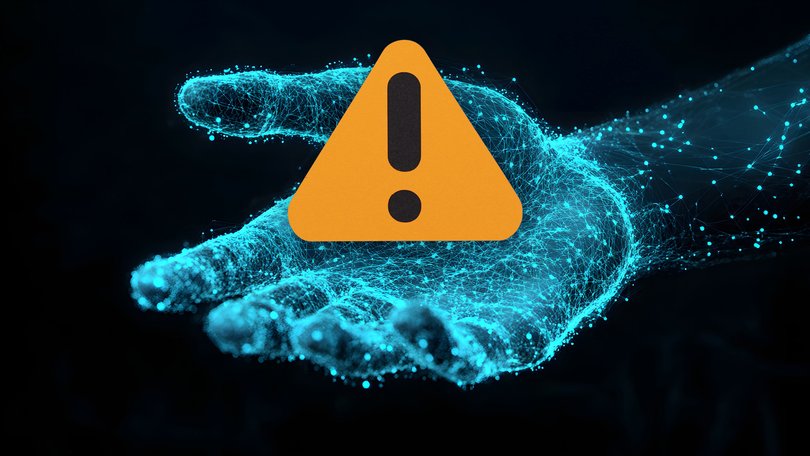EDITORIAL: PC proposal would decimate creative industries
EDITORIAL: The Productivity Commission’s copyright carve-out proposal would serve AI first, opening the floodgates for big tech companies to thieve creative content.

Perhaps it is unsurprising that the beancounters and boffins who work at the Productivity Commission have a limited understanding of the value of creative endeavour.
Would a bunch of economic eggheads know their Tim Winton from their Patrick White; Charmian Clift from Charlotte Wood?
Tasked by the Government to come up with a series of discussion papers examining ways to revive Australia’s moribund productivity, the Commission has come with a bizarre proposal to create a carve-out in copyright laws to allow free data and text mining to train artificial intelligence models.
Sign up to The Nightly's newsletters.
Get the first look at the digital newspaper, curated daily stories and breaking headlines delivered to your inbox.
By continuing you agree to our Terms and Privacy Policy.The winners: the big foreign tech companies that own these platforms.
The losers: every Australian creative — authors, publishers, journalists, visual artists and musicians, as well as anyone who has enjoyed or learnt from the content they create.
We need to be guarding these industries against theft, not opening the floodgates
What the Productivity Commission is proposing would destroy the capacity of people in the creative industries to profit from their work. It would strip them of control over their work by handing it over to corporate behemoths to bastardise and exploit.
Tech companies are already pillaging the work of creatives for their own financial gain, sucking up copyrighted material from all across the internet to train its AI models to flood the market by churning out passable but pale imitations of the stolen material.
In June, a US judge found in favour of Mark Zuckerberg’s Meta in a copyright lawsuit brought by a group of high profile authors including Michael Chabon and Junot Diaz. Meta’s use of the material in that instance was judged “fair use” but opened the door to further lawsuits, saying that the ruling did not mean the practice of taking of copyrighted materials to train its language models without permission was lawful.
“By training generative AI models with copyrighted works, companies are creating something that often will dramatically undermine the market for those works, and thus dramatically undermine the incentive for human beings to create things the old-fashioned way,” judge Vince Chhabria said.
That result — in which a judge found AI models were eroding the capacity of creatives to profit off their work but was constrained by the law anyway — illustrates the need for robust copyright legislation.
Presently, Australia has exactly that.
Our copyright regime is the envy of the world and is part of the reason Australia has such vibrant cultural and creative industries.
This is precisely the wrong time to be trading any of those protections away. We need to be guarding these industries against theft, not opening the floodgates.
ChatGPT developer OpenAI has said training of its tools would be “impossible” without copyrighted materials.
Nothing is stopping OpenAI or others like it from using that material — provided the creators and rights owners are compensated fairly.
Treasurer Jim Chalmers says Australians need to see AI as “an enabler, not an enemy” and harness it to boost productivity. But unless the Government finds a way to protect our cultural sovereignty, Australians will rightly view these technologies with deep suspicion.
